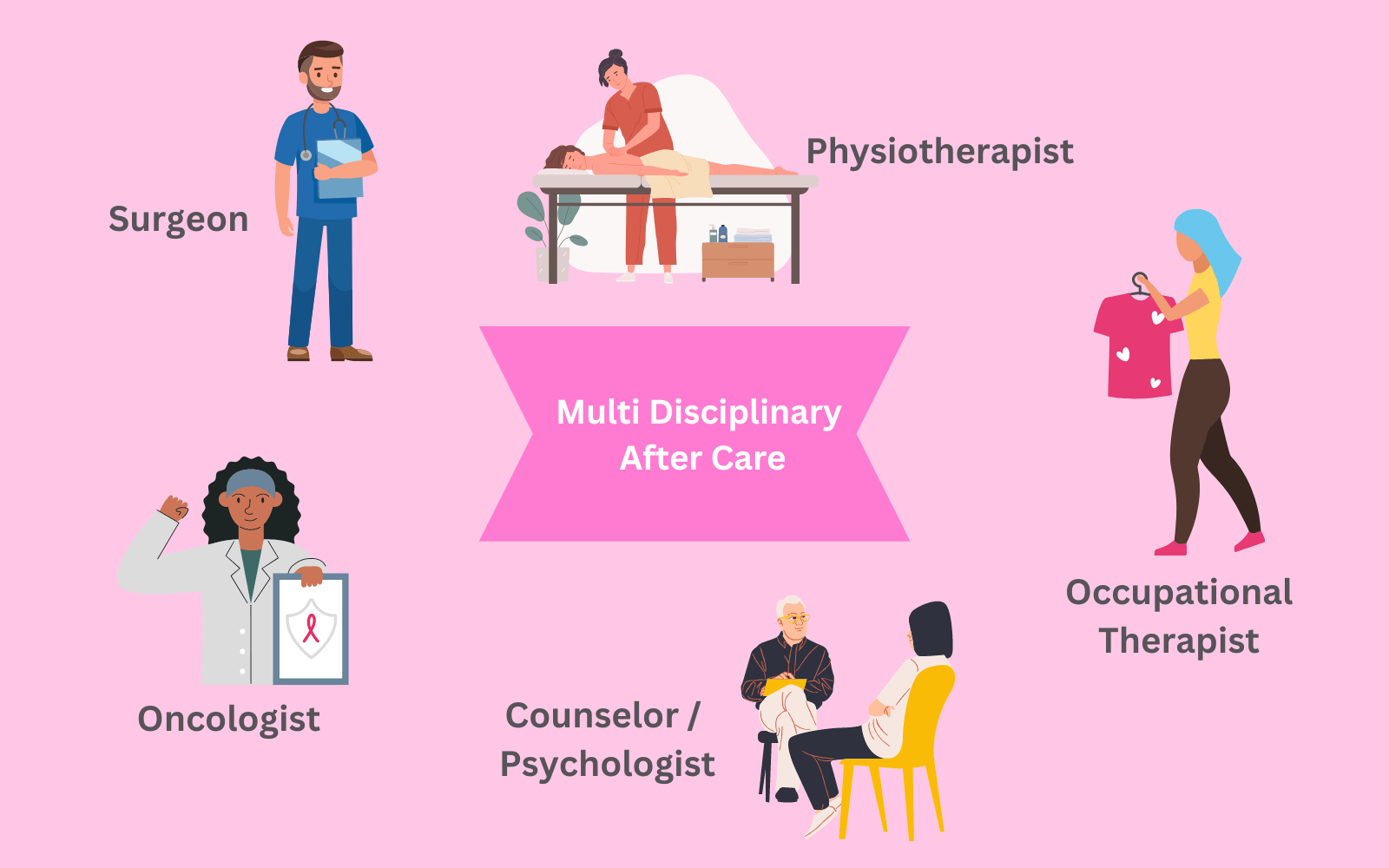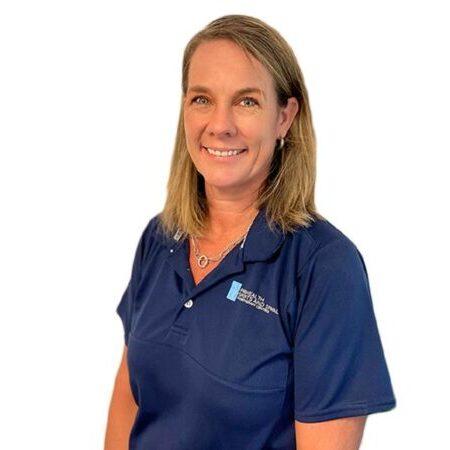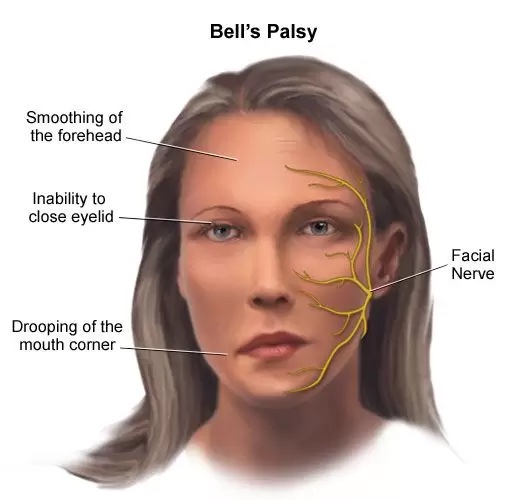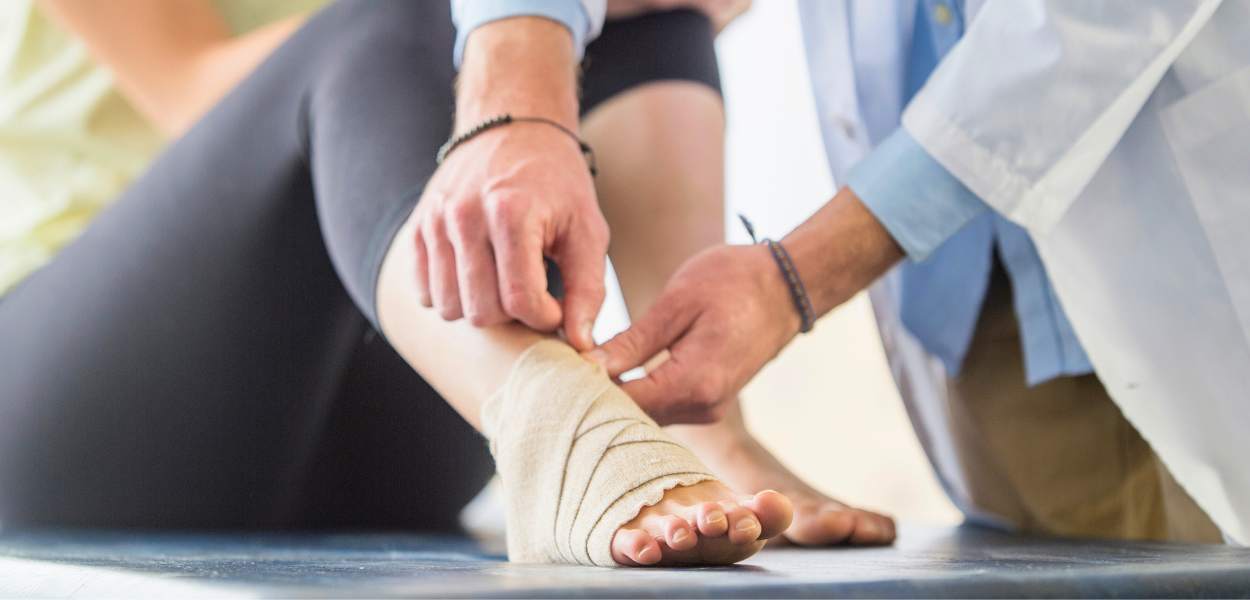The Multi Disciplinary Approach to Managing Breast Cancer

Breast Cancer is a devastating diagnosis to get. Fortunately for modern medicine, the survival rate for breast cancer patients has significantly increased. In the Hong Kong private sector we are in a privileged group to have immediate access to treatment that improves the prognosis. The shortcoming of the Hong Kong private medical sector is that in many cases the patients are not treated in a multidisciplinary team. As this is a complex diagnosis with both emotional and physical health implications, it should be treated holistically to ensure the best outcome of the patient.
Often the time from being diagnosed with a breast tumour and having surgery to remove the tumour and breast tissue, called a mastectomy is very short. As a patient you are required to make dramatic choices of what is available to you.The choices are to have the removal and let the scar tissue heal or have reconstruction at the same time. If you agree to reconstruction you have a choice of TRAM flap and implants.
Removal of the breast has a psychosocial affect on the patient with regards to self perception, body image and sexual well being. These issues will affect the emotional state of the patient while battling the health issues of the disease.
Most women are happy with either TRAM flap reconstruction or reconstruction with an implant.
Both have a risk of side effects. TRAM flap removes part of your abdominal muscle that stabilizes and supports the back, while implants have a risk of capsular contracture.

A multi disciplinary after care of patients going through the mastectomy is important. It is important to find the right team to help you get the best results. You will need:
A Surgeon: Performs the therapy and helps you decide on the risks and which outcome is best suited to you.
An Oncologist: Decides on a regime of chemotherapy and radiotherapy if necessary
Physiotherapist: Helps to mobilize the arm, mobilize the scar tissue, reduce swelling, improve circulation, start gentle exercises when appropriate, educate you on lymphedema and lymphedema massage
Counselor or Psychologist: Help to work through the stages of bereavement to acceptance. Help to manage the family and expectations and anxieties
Occupational therapist: Provide compression clothing to reduce the risk of lymphedema which can occur to up to 5 year or more after mastectomy
How Can Physiotherapy Help Breast Cancer and Mastectomy Patients?
Studies have shown that increased physical activity/exercise can reduce the risk of the cancer coming back and lowers the mortality rate in cancer patients.
While physiotherapy is not used to address and treat breast cancer itself, it is effective in helping patients maintain and improve the physical aspects of their quality of life.
In general, as physiotherapists we support cancer patients in managing their pains and discomfort arising from cancer and treatment, regain and maintain their strength & mobility, and finding the best long-term ways for them to be active.
Need Help With Your Rehabilitation?
Our team of physiotherapists are professional and experienced in working with clients who have gone through cancer treatment. At Prohealth Sports And Spinal, we always strive to give the highest standard of physical therapy and care to help our clients achieve the best possible outcomes.
If you or someone in your life is living with cancer/going through oncology treatments and are dealing with discomfort and pain, physical therapy can certainly help to manage and treat them. With physiotherapy, we have been able to help clients with cancer rehabilitation and improve their quality of life
Please contact our clinics today to schedule an appointment with our physiotherapists.
For any enquiries, contact us at +852 2530 0073, or email appt@sportsandspinal.hk.
Written by

Mel Potgieter
BPHYST (University of Pretoria, South Africa)
HKNA Elite Programme Physiotherapy Partner
Registered Physiotherapist
Mel is an experienced physiotherapist based in Prohealth Sports And Spinal Physiotherapy Centre on Wellington Street, Central. She is an expert in pelvic dysfunction, back pain, activating the core after pregnancy, post-mastectomy and abdominal/cosmetic surgeries, lymph drainage for cancer patients, as well as acute sports injuries and post surgery rehabilitation. Outside of the clinic, she is a formidable netball player and is active in the Hong Kong Netball Association.





